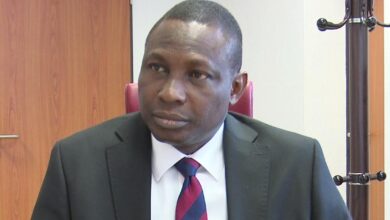
Civil Society Groups have expressed concern over the repeated court summons and arrest warrants issued by the Economic and Financial Crimes Commission (EFCC) to compel former Kogi State governor, Yahaya Bello, to address allegations against him.
They argue that Bello’s refusal to appear in court not only sets a dangerous precedent but also sends a disheartening message to investors and Nigerian youths about the integrity of the legal system and leadership.
According to the groups, boycotting court proceedings undermines the fight against corruption, threatens the integrity of essential institutions, and further alienates the public from their leaders.
Human rights activists raised these concerns after the Federal High Court in Abuja issued a public summons for the former governor and directed the EFCC to post the order at Bello’s last known address in Abuja.
The Centre for Social and Economic Rights (CSER) commended the EFCC’s efforts to bring the former governor before the court, stating that it was legitimate.
Nelson Ekujumi, the Executive Director of the CSER, described Bello’s boycott as a setback for the country’s democracy, expressing worry that the youth might perceive his actions as acceptable behaviour for leaders.
Emeka Onwuka, a young human rights activist, highlighted the implications of Bello’s actions on transparency, accountability, and the rule of law, particularly in deterring investors and fostering a culture of impunity among political figures.
He also emphasized the challenges faced by the EFCC in executing its mandate, questioning the efficacy and autonomy of the agency when influential figures resist its efforts.







